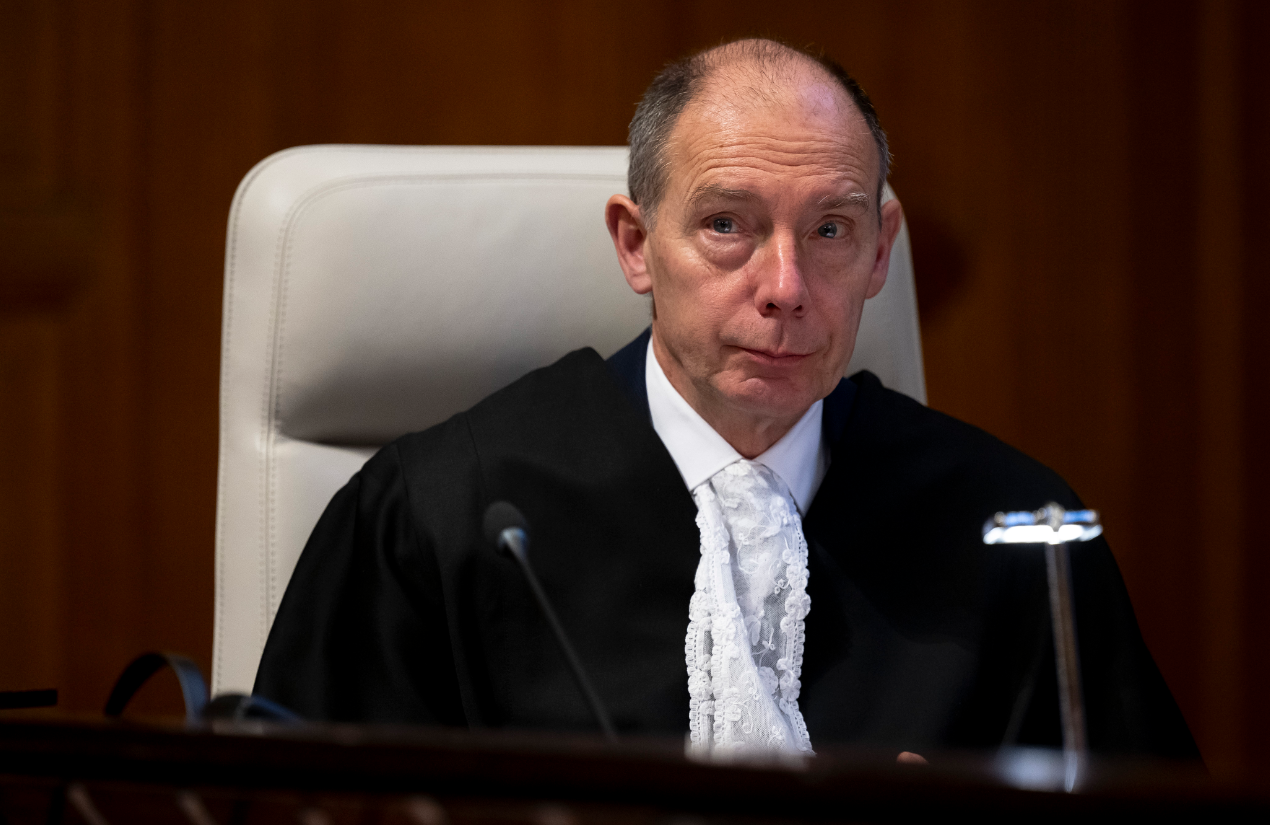The International Court of Justice in The Hague (ICJ) has ruled on the case of Ukraine against Russia regarding events in Crimea and Donbas, which were occupied by Russia in 2014.
Ukraine filed a lawsuit in 2017, accusing Russia of supporting armed separatists in Donbas and violating minority rights in Crimea. This amounted to violations of two international conventions – the 1999 International Convention for the Suppression of the Financing of Terrorism and the 1969 International Convention on the Elimination of Racial Discrimination.
The UN Court partially satisfied Ukraine’s lawsuit, however it rejected most of its accusations against Russia and did not award any compensation. The process lasted almost seven years.
The UN Court’s decision appears to be a setback for Ukraine at first glance, however according to lawyers it can be considered a certain success. After all, the court could have refused to consider this case altogether.
Euromaidan Press examines the court’s decisions, their implications, and what they mean for Ukraine’s future.
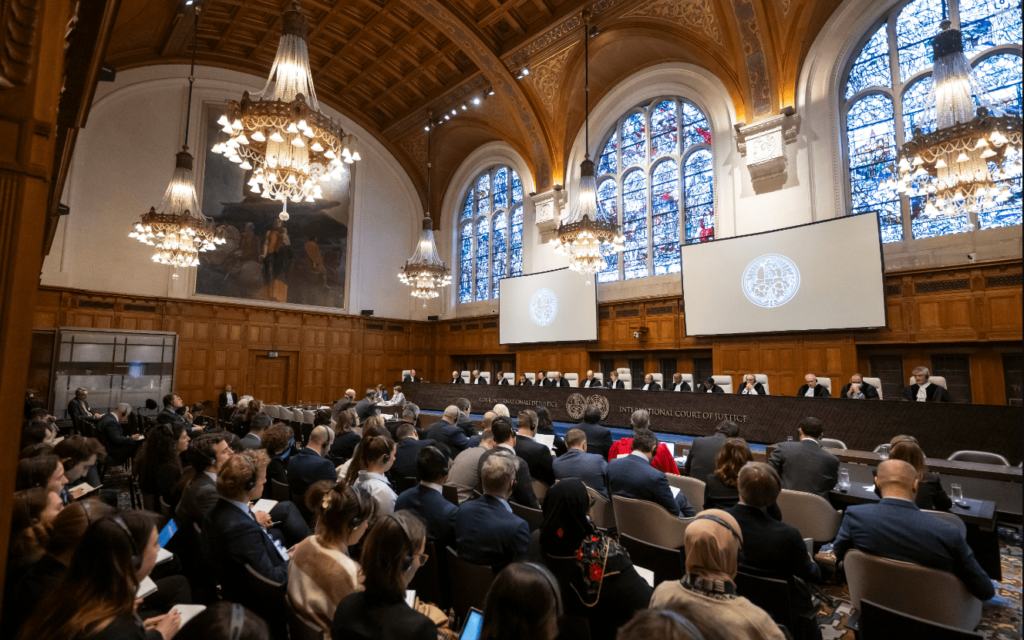
Ukraine’s key accusations against Russia
Ukraine filed a lawsuit against Russia in January 2017, handing over thousands of pages of documents to the judges. After that, Russia contested the court’s jurisdiction, but in November 2019, the ICJ accepted the case.
It took until June 2023, a year and a half after Russia’s full-scale invasion of Ukraine, for the case to be considered on its merits.
- Financing terrorism in the occupied part of Donbas
Kyiv accused Moscow of sponsoring terrorism and holding responsibility for separatist group activities in the occupied part of Donetsk Oblast. This includes the downing of civilian Boeing MH17 over eastern Ukraine in 2014, resulting in deaths of 298 people. A Dutch court in November 2022 found Russia had “overall control” over the separatist forces and supplied the BUK missile system which was used by militias to shoot down the plane.
Despite this, in 2023, Russia’s representative at the UN Court, Michael Swainston, called Kyiv’s statements a “fiction.”
“No BUK came from Russia,” he stated in court.
In response, Ukraine’s Foreign Ministry representative Anton Korynevych called Russia a “terrorist state,” adding to previous arguments the accusation that Russia destroyed the Kakhovka dam in Kherson Oblast in the summer of 2023.
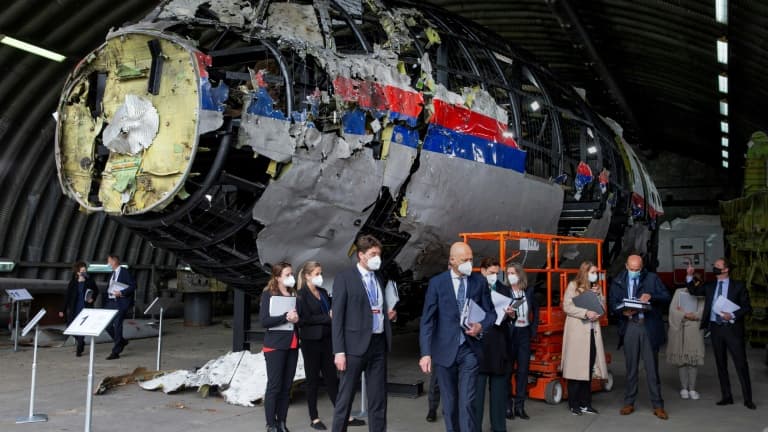
- Racial discrimination in occupied Crimea
Ukraine accused Russia of systematically discriminating against the non-Russian population of annexed Crimea, including Crimean Tatars. Manifestations of this, according to Ukraine, included holding an illegal “referendum” in Crimea in 2014, banning the activities of the Mejlis of the Crimean Tatar People (a body representing Crimean Tatars), pressuring independent media, and restricting education in Ukrainian and Crimean Tatar languages.
“Since 2014, Russia first illegally occupied Crimea, then began a campaign of cultural cleansing, persecuting ethnic Ukrainians and Crimean Tatars,” said Korynevych.
In particular, Kyiv asked the UN Court to oblige Russia to:
- Cease support for terrorist groups in Ukraine;
- Remove all weapons previously provided to these groups;
- Prosecute those involved in financing terrorism;
- Compensate for damages related to the MH17 crash and other terrorist attacks;
- Guarantee full protection of the rights of all ethnic groups in occupied Crimea.
Russia claims that Ukraine “misinterprets” the concepts of terrorism and that there is no evidence of Russia’s involvement in the events mentioned in the lawsuit.
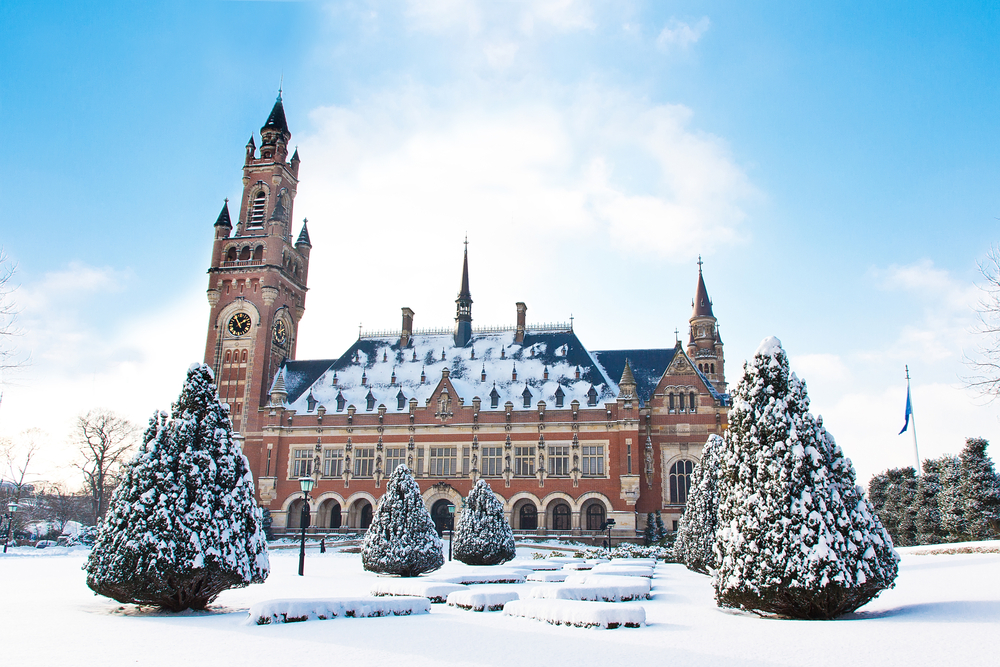
The UN Court’s decision
- Financing terrorism in the occupied part of Donbas
The UN Court rejected most of Ukraine’s accusations against Russia. The only aspect upheld was Moscow’s failure to properly investigate terrorism-related allegations made by Kyiv against representatives of the self-proclaimed Donetsk and Luhansk People’s Republics (DNR and LNR), which violated the anti-terrorism treaty.
The UN Court also declined to order reparations requested by Kyiv.
Explaining its decision, the court stated that the concept of “financing terrorism” implies the presence of financial transactions, which Ukraine failed to prove. Therefore, Russia’s supplies of military equipment and weapons to Donbas were not considered a violation of the convention.
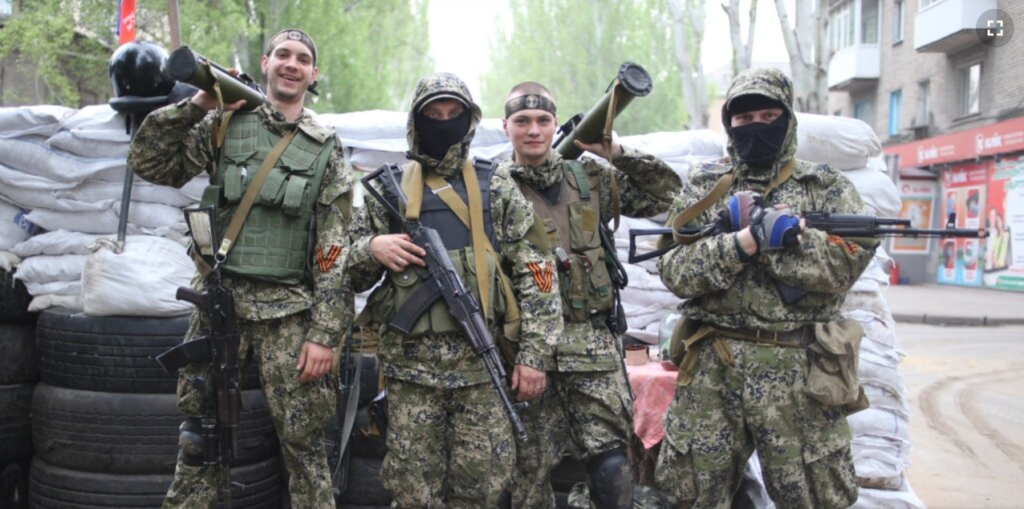
- Racial discrimination in occupied Crimea
The UN Court ruled that Ukraine failed to prove most allegations of racial discrimination against Crimean Tatars and Ukrainians in annexed Crimea. While it acknowledged violations of their rights, it didn’t categorize them as racial discrimination but rather as potentially politically motivated actions.
Notably, the ban on the Mejlis of the Crimean Tatar people was seen as a political act, not ethnic discrimination. Therefore, the ICJ does not consider this ban a violation of anti-discrimination treaty.
However, the court did find that Russia failed to protect the rights of ethnic Ukrainians in Crimea, particularly regarding the decline in students studying in Ukrainian. This was deemed a violation of Russia’s anti-discrimination treaty obligations.
Despite these findings, the UN Court declined to order the reparations requested by Kyiv. It’s essential to know that the ICJ rulings are legally binding but not enforceable by the court itself.
Why the UN Court’s ruling matters and what’s next
The UN Court’s decision, while seemingly unfavorable to Ukraine, carries immense significance. It marked the UN Court’s first encounter with accusations of a state supporting terrorism. Despite the rejection of most of Ukraine’s claims, the Court confirmed Russia’s violation of international law. This establishes a crucial foundation for future legal actions, as emphasized by Anton Korynevych, a leader of the Ukrainian legal team.
“It’s normal to file the maximum requests possible. The list of Russia’s potential violations was long, but it was important to get a ruling establishing violations of these two conventions. Now we have that foundation to build on,” Korynevych said.
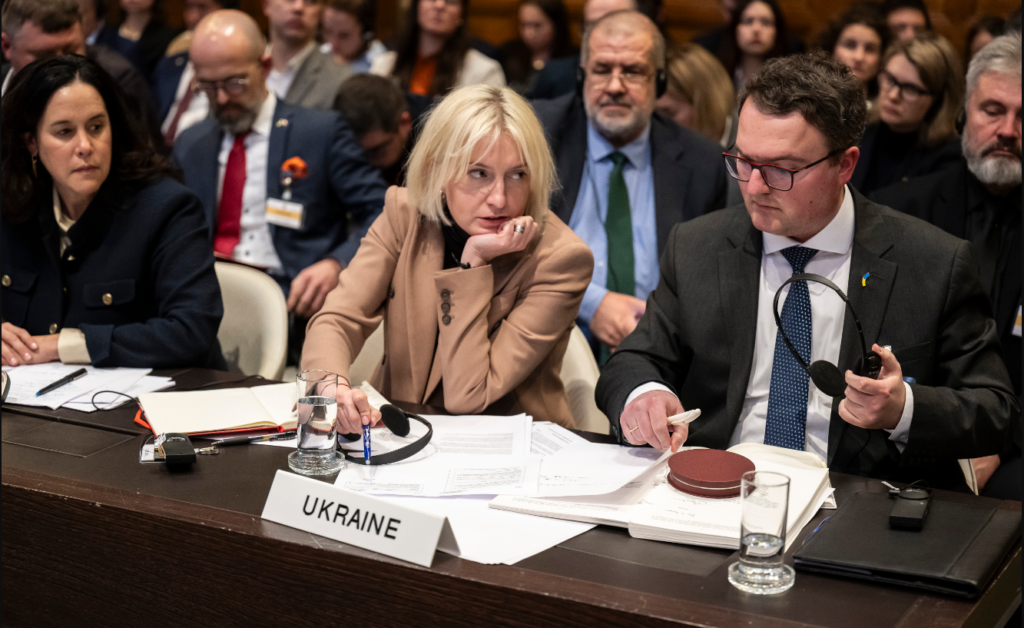
Meanwhile, Lana Zerkal, formerly Deputy Foreign Minister, who previously represented Ukraine’s delegation at the Hague Court, has important questions about the ruling:
- Can any country send weaponry and cash without it legally being considered financing terrorism? The absence of receipts or bank records complicates the issue;
- How to protect ethnic minorities whose cultural and religious institutions are being shut down?
- How to ensure accountability for violations of international law by a permanent member of the UN Security Council?
- What about the political motivations of UN Court judges who are appointed based on their country of origin?
Nevertheless, Zerkal believes the UN Court’s ruling in this case is historic.
“Violations by Russia are now established for each convention, despite Russian denials. This case and materials will now be public record and go down in history,” Zerkal wrote on Facebook.
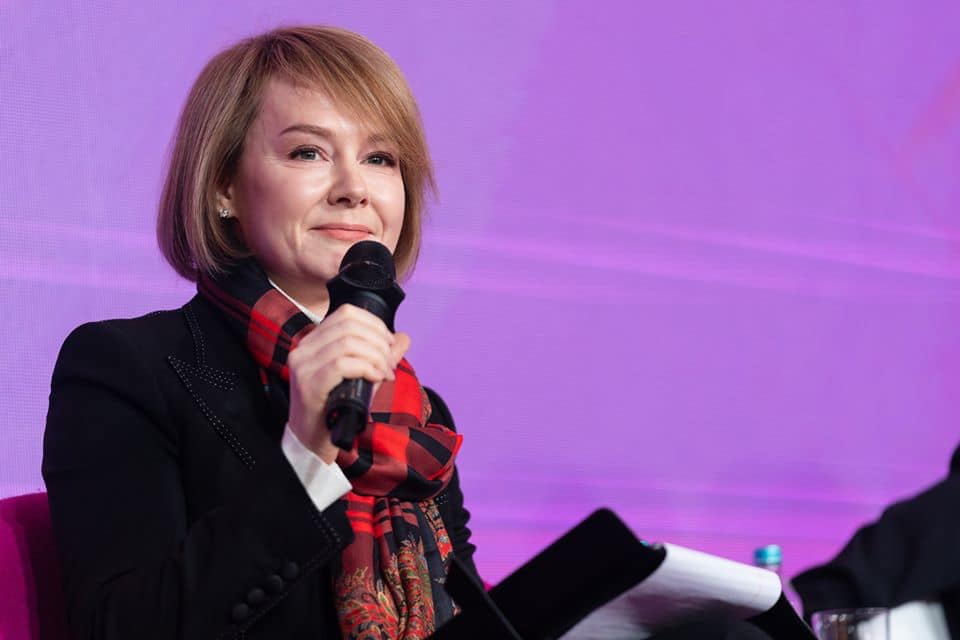
The impact of the UN Court’s decision on other “Ukraine v. Russia” cases in various jurisdictions will become clearer on February 2. The UN Court is set to issue another ruling, this time on Ukraine’s accusation that Russia wrongly used the 1948 Genocide Convention to justify its 2022 full-scale invasion. Ukraine also has ongoing cases against Russia in other courts, including the European Court of Human Rights in Strasbourg and international tribunals under the Maritime Convention.
Read more:




